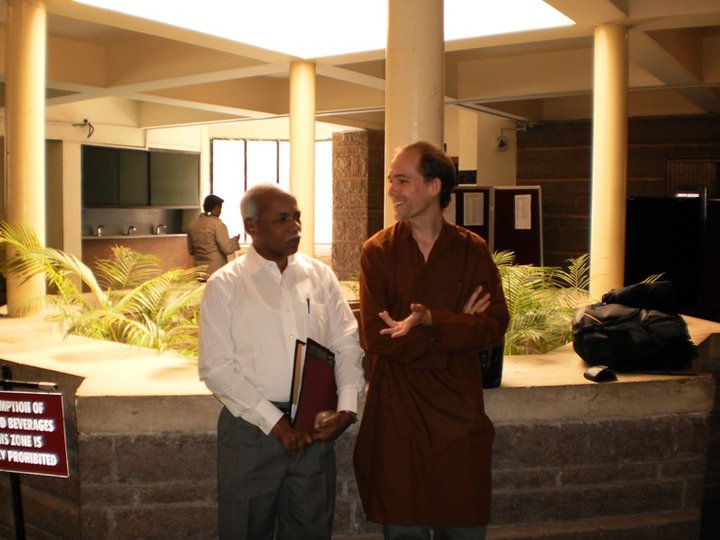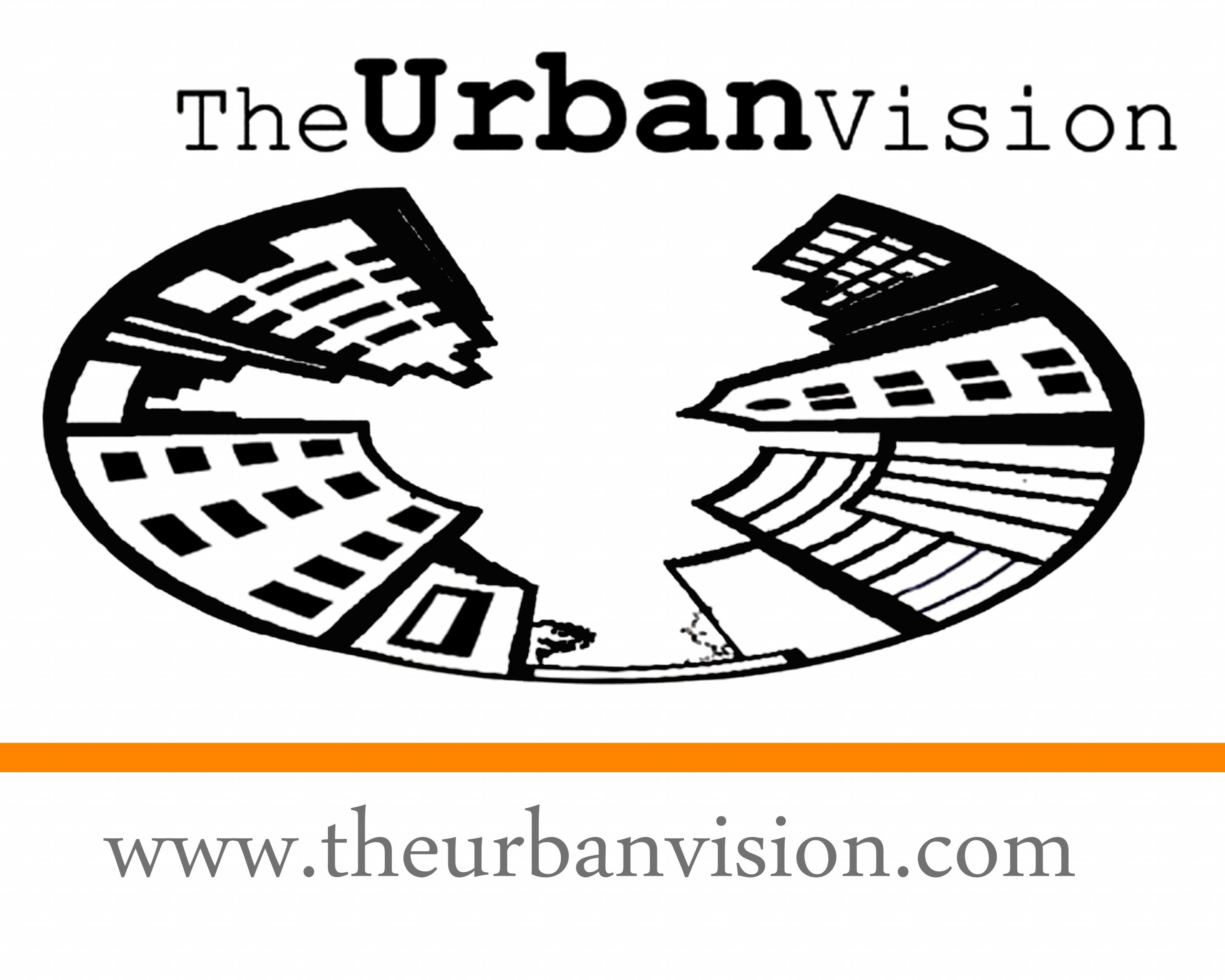Building Livable Cities 2010 kicked off in Bangalore and saw the attendance of city planners, architects, environmentalists, social researchers and many other stakeholders from academia, government, and NGO’s. The event was organized by India based think-do tank “The Urban Vision “ in association with India’s Premier Institute of higher learning CiSTUP “Indian Institute of Science “ .
The Symposium saw a diverse set of experts who focused on a wide multi-disciplinary components of city building that come together to create a sustainable city. The experts consented over the idea that the principles of a ecologically sensitive sustainable cities.
Christopher Kost , Technical Director , Institute of Transportation & Development Policy described the importance of focusing on non motorized transit infrastructure in Indian cities “Walking is the most sustainable form of mobility. We need to create pleasant cities with walkable neighborhoods to ensure a truly sustainable city”“improved the quality of life in a city as well as drove inclusive development”
“Energy Management in Water Supply Systems” was the theme addressed by Pradeep Kumar , India Director of Alliance to Save Energy. Pradeep described the large consumption of energy in India’s water supply systems and outlined a decentralized approach towards reducing this consumption.
, B.R. Balachandran, Managing Director, Alchemy Urban Systems explained how “Urban Form is key to Sustainability”. While highlighting the importance of density in building a eco-city; he also opined that high density development would only be successful along with a comprehensive approach to city management & infrastructural development.
Ulhas Rane ,Partner, Envirodesigners described how ”Ecologically Sensitive City Planning” is a critical idea to embrace while we plan cities in future. Prof. Gopal Naik from Centre for Public Policy, IIMB urged India to set up urban growth boundaries to ensure that arable land is not threatened which could then turn into a food security crisis for India in the future.
The panel discussion which followed at the end of the session saw a animated exchange on the idea of rural v/s cities divide. Some of the panelists and participants believed that villages are the most sustainable form of human settlement ; while others argued that with the current lifestyles aspiration and choices of our society, cities may be the most sustainable form of human settlement.
All the panelists agreed that the one key transformative change driver towards livable & sustainavble cities in India is reforms in Governance structures. Participants also spiritedly discussed new city building ventures driven by the private sector like Lavasa. Balachandran of Alchemy Systems strongly endorsed this leadership in city making by the private sector and said that India will have to build hundreds of new cities in the next few decades and the participation by India’s dynamic Private sector in this process is key.

